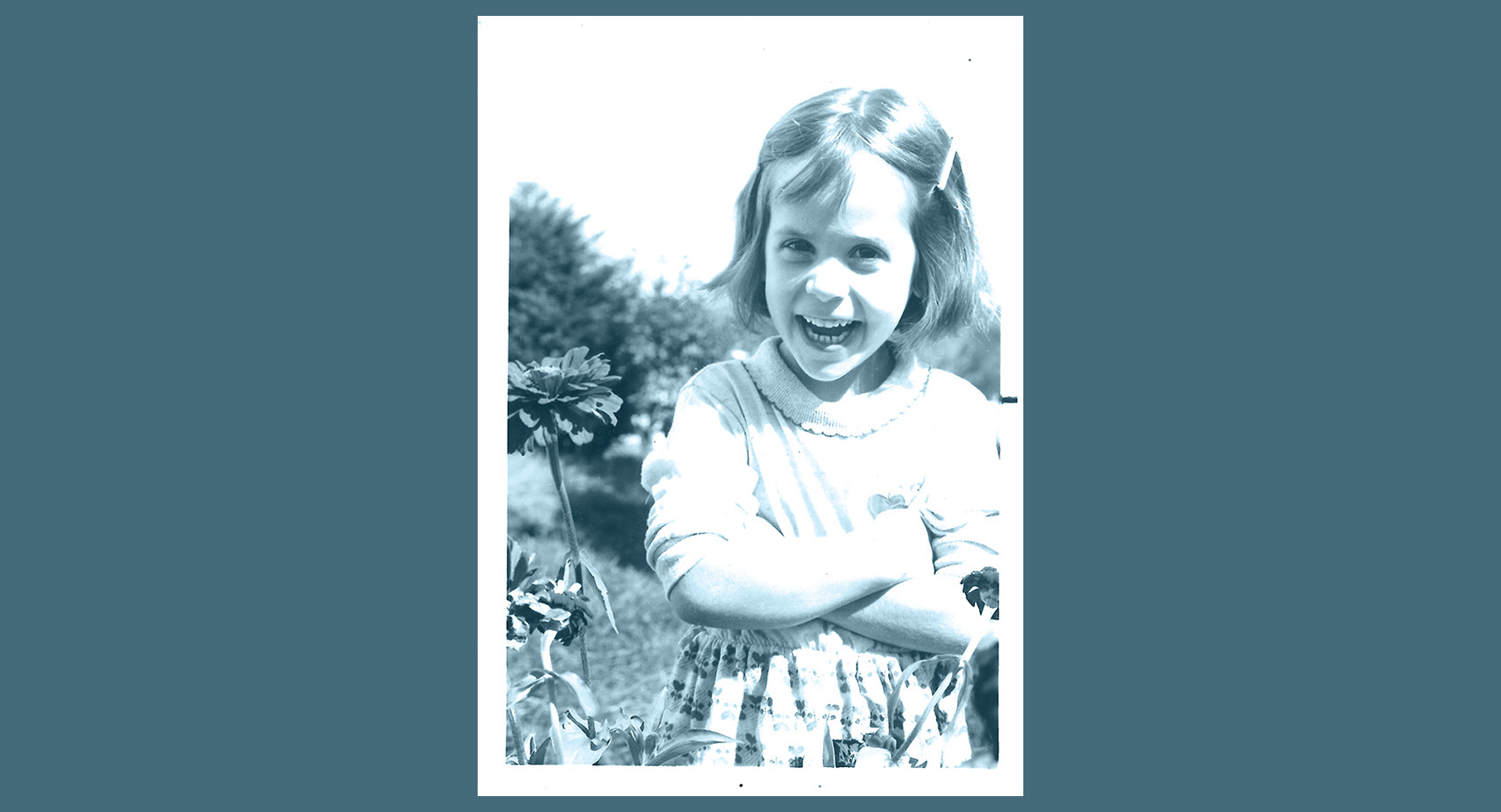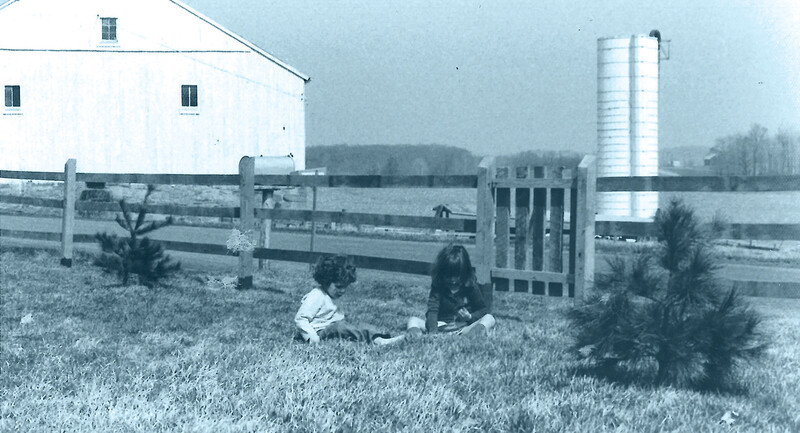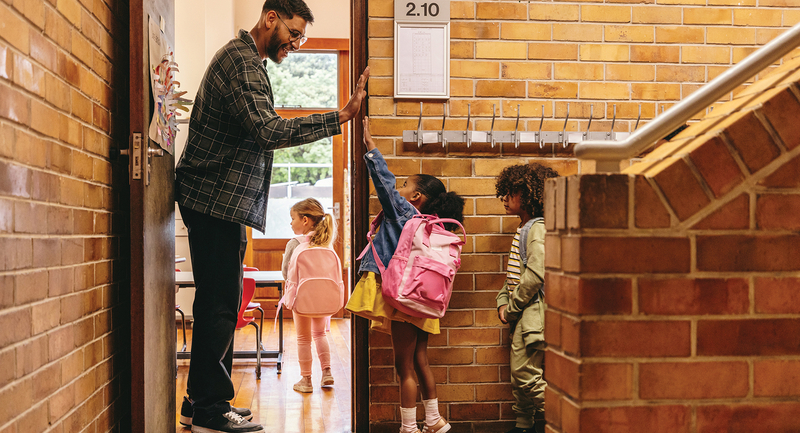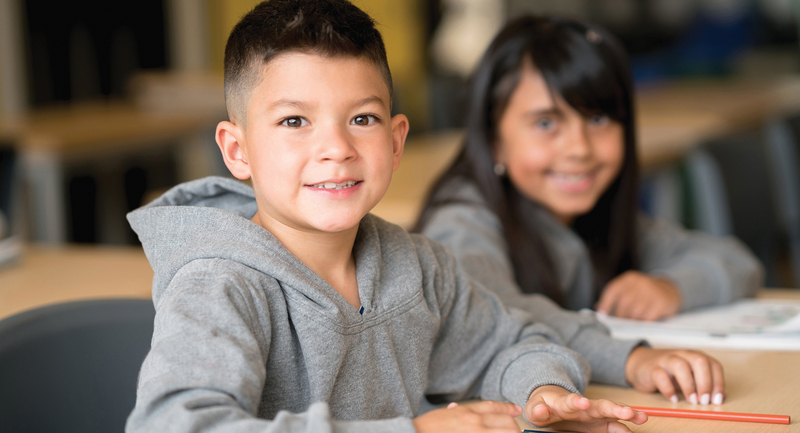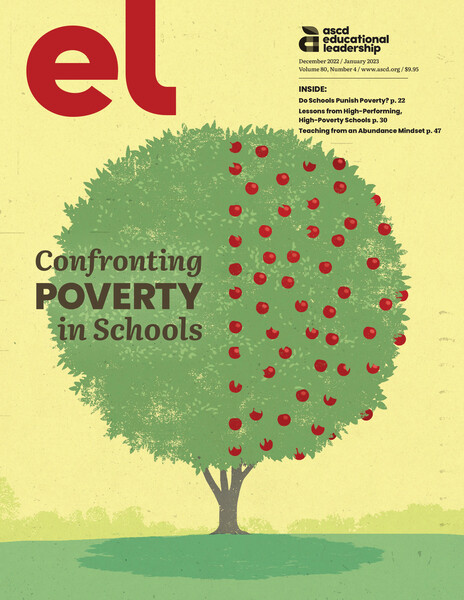Poverty isn't the same thing as a lack of love.
My parents could not have loved me better, or more, or with greater care. I was drenched in love. But my childhood was also marked by having very little, being hungry, and wearing hand-me-down jeans and homemade skirts. There wasn't a nickel to spare.
Society's misconceptions about poverty tell us that it comes from laziness, disengagement, or bad life decisions. If a child is hungry, their parents must have failed at something. Right?
Wrong.
My parents were farmers and worked exceedingly hard. But for several years, it forgot to rain.
My parents were farmers in rural Ohio and worked exceedingly hard. But for several years, it forgot to rain. The cash crops—wheat and corn—withered, spindly and brown. In its third dreadful year, the drought became a constant, low-grade terror. I watched my father watch the sky. The garden, typically bursting with fresh vegetables we'd freeze or can for winter, dwindled to nothing. We couldn't irrigate because the well was going dry.
My father had an emergency $50 hidden in a small wooden box on his bedside table. "Well. This is all of it," he said, handing it to my mother. "Go buy canned goods for winter." We drove to Hills and bought all the beans, pears, and tuna we could. My mother was sad and quiet. In the parking lot, under an unrelenting sun, we pushed the cart up the slight hill toward our old Celebrity station wagon. A wheel fell off the cart. It collapsed, and all the cans rolled down the hill willy-nilly, spreading our last $50 as far as my little eyes could see. My mother sat on the bumper of someone's car and cried. She never cried.
But there were cows, so we had beef. There were bushels of apples we kept in the cellar. My mother made pies out of cherries from the tree in the backyard. There was so much love. And there was school.
Miss Troutman was my 3rd grade teacher. She watched me closely, so she knew I was worried and hungry. One day, she asked me if I wanted her "extra" sandwich. Then she called my father, and somehow, suddenly, I was eating lunch in the school cafeteria, where Mrs. Cahoe, the cook, gave me extra-large scoops of mashed potatoes and let me go back for a second pizza square. The pizza was greasy and salty and delicious. No one ever asked me if I was hungry. Teachers didn't say things about my parents that put me in the middle of something I couldn't have understood. Instead, they welcomed me every morning. They told me I was a good learner. They let me go to the library whenever I wanted and check out as many books as I could carry. They were relentlessly kind and never pitying. One teacher called me a "firecracker." I liked that.
By their actions, I knew they knew:
No child should be made to feel poor.
No child living in poverty has the same story.
Educators can help in ways that are quiet, careful, and gentle.
Hunger doesn't always mean misery; misery doesn't always mean poverty; poverty doesn't always mean hunger.
Students communicate through behaviors, even tiny ones.
Kids who are very poor can learn to play basketball, or run on a record-breaking relay team, or join the show choir, or be the class president.
A child's dignity must be protected, no matter what.
"Firecracker" Jen Schwanke as a child. (Photo courtesy of Jen Schwanke)
My teachers and coaches led me toward academic growth, sports, music, and leadership. And eventually, things changed at home. It rained again, for one thing, and then crop prices rose. Crude oil and natural gas were discovered on the farm, and my parents began getting regular checks from the gas company. Things got better. I got a job in a restaurant and then a scholarship to college. My father paid off the farm. Mason jars of peaches lined the shelves in the cellar.
And I decided to become an educator.
I wanted to stay in school for the rest of my life, so I could continue to fight for students who need to be seen, celebrated, and lifted up in spite of their tattered clothes or empty bellies. Every child—rich, poor, and everything in between—is a firecracker.
